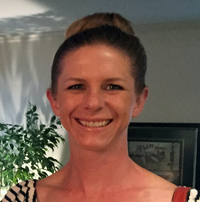Clinical Fellows/Therapists
The therapists at the MPSI Psychotherapy Center are taking part in a one- or two-year clinical fellowship. Each clinical fellow is at least a masters-level mental health practitioner working toward licensure or a mid-career licensed psychotherapist deepening their clinical skills. All clinical fellows receive intensive supervision, training, and consultation to support the therapy that they provide.
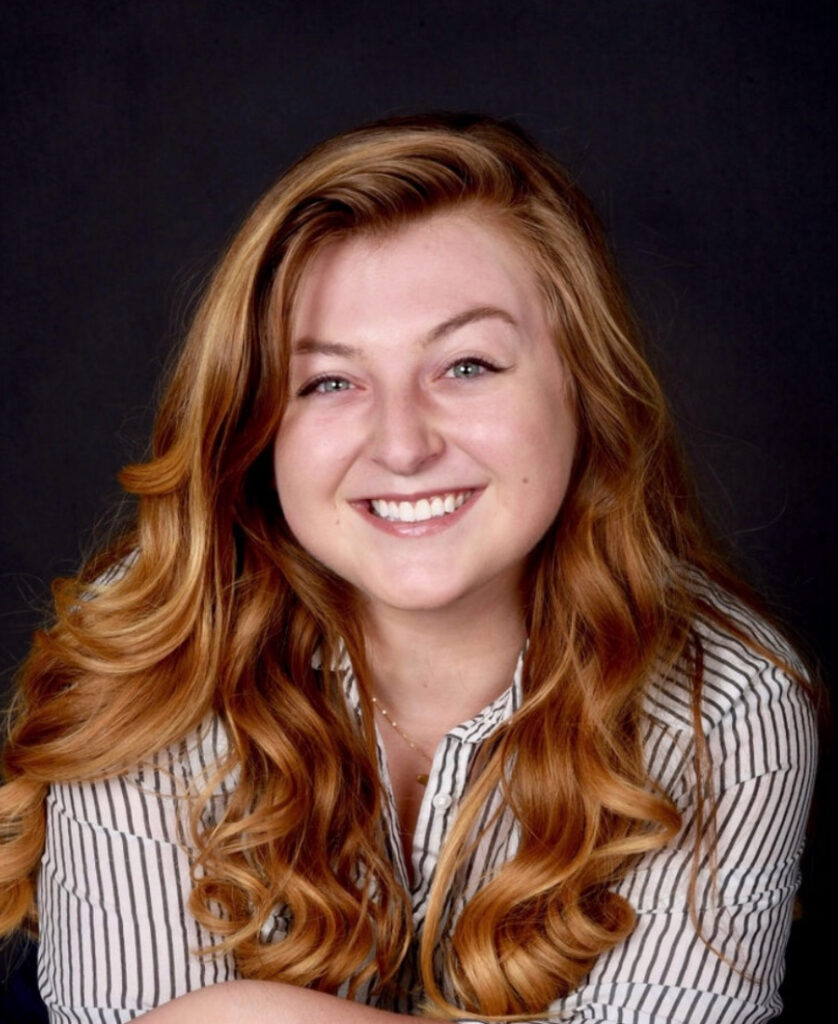
Emma Lux
Emma Lux is currently pursuing a doctorate degree in Clinical Psychology at Augsburg University. Prior to graduate school, she received a BA in psychology from Winona State University where she focused on body image and disordered eating. Throughout her clinical experiences in graduate school, Emma has worked with individuals across the lifespan focusing on assessment, body image and self esteem, and perfectionism. She believes that therapy allows individuals a chance to get in touch with their inner selves and explore how they relate to others in an insightful and exploratory setting.
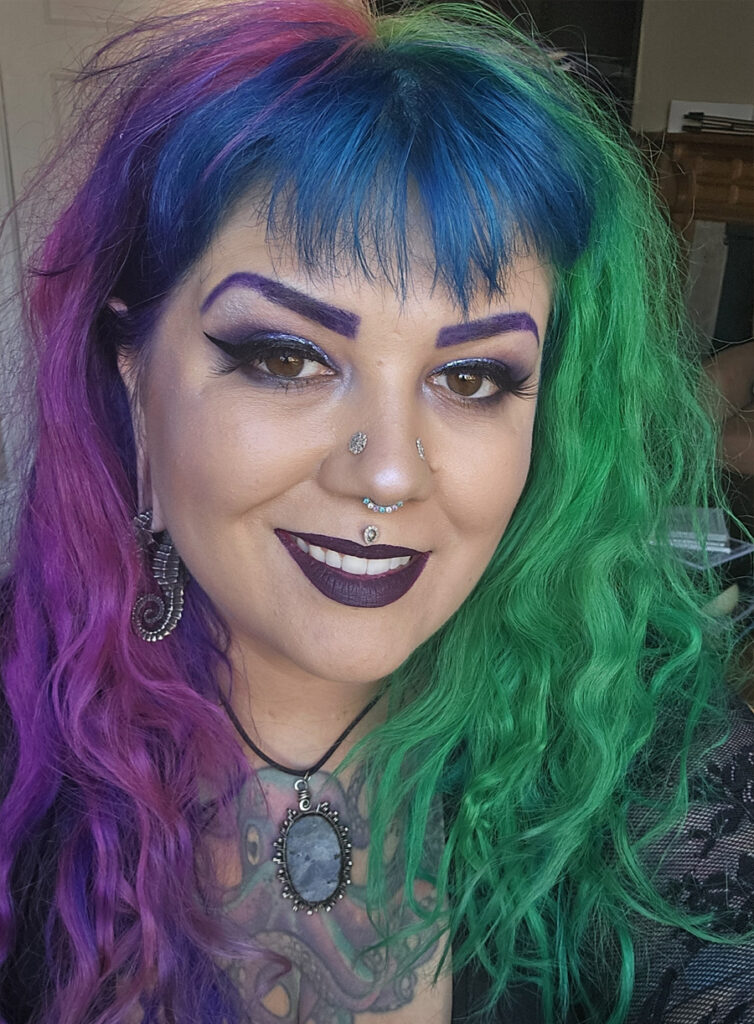
Alexa Nelson
Alexa is currently completing a Master’s in Social Work degree at the University of Minnesota in Clinical Mental Health. Her prior experience has been primarily with adults with serious and persistent mental illness. She also has worked with victim/survivors of domestic and intimate partner violence and values trauma-informed care. Alexa is passionate about practicing therapy through a person-centered and anti-oppressive lens. She would love to continue working with queer, trans, and BIPOC folks navigating relationship dynamics, behavior patterns, processing emotional complexities, and providing a non-judgmental space for whatever is bringing you to therapy.

Lucky O’Kern
(they/them) Lucky O’Kern (they/them) is in the second year of their MSW at Smith College School for Social Work. O’Kerns has experience primarily with young people and families working through trauma and/or dysfunction. They practice from an intersectional systems perspective and draw mainly upon narrative and relational psychodynamic approaches. They have a particular interest in working with those whose concerns lie at the intersections of gender, sexuality, and trauma.
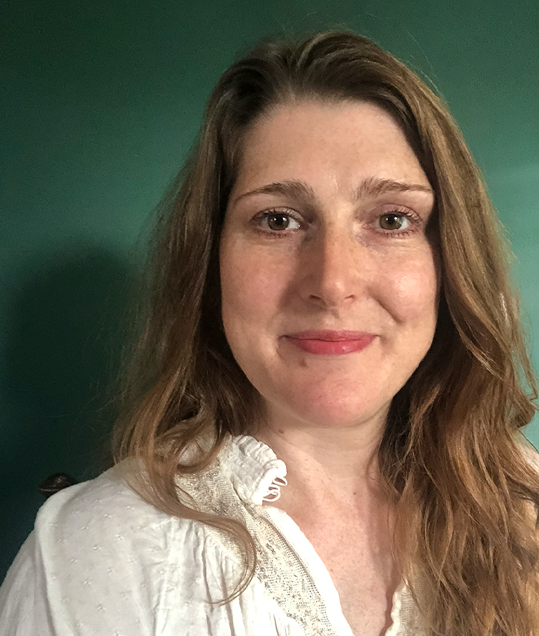
Jennifer Loveland
Jennifer Loveland is a Master of Social Work student at St. Catherine University with a background in homeopathy and a growing interest in psychoanalytic approaches to mental health. She is enthusiastic about her internship at the Minnesota Psychoanalytic Society and Institute, where she brings curiosity, warmth, and a reflective stance to clinical work. Jennifer is especially drawn to questions of meaning, identity, and transformation, and she values the role of unconscious processes in shaping human experience. She is particularly interested in exploring the tensions and insights that emerge between Freudian and Jungian psychologies. Her earlier work in holistic health informs an integrative perspective, and she is committed to culturally humble, depth-oriented care. Outside of her studies, Jennifer enjoys walking, reading across disciplines, and spending time with her teenage children.
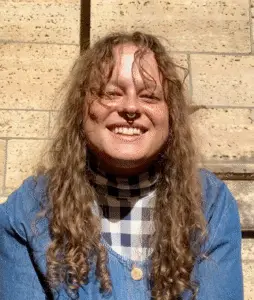
Kai Joy
Kai Joy is an educator and MSW candidate at St. Catherine University. Kai has five years of experience teaching, counseling and advocating for young people aged 5 to 21 in non-traditional classroom settings. She also has experience facilitating grief support groups for young adults and LGBTQ+ individuals. Kai is drawn to the psychodynamic perspective because it respects the depth and complexity of psychic life. She is excited to bring her experience and curiosity to MPSI Psychotherapy Center.
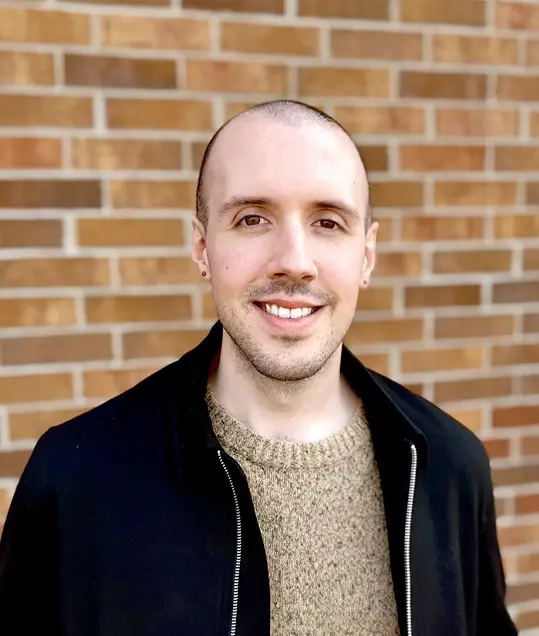
Chris Marsh
Chris is pursuing a master’s degree in Counseling and Psychological Services at Saint Mary’s University of Minnesota. He has experience working in the community with people on issues such as mental health, goal setting, and navigating life challenges. Chris leads with openness and curiosity when working with clients, helping them discover what a better life means to them and move in that direction. He has an interest in topics such as anxiety, trauma, and spirituality, among others.”
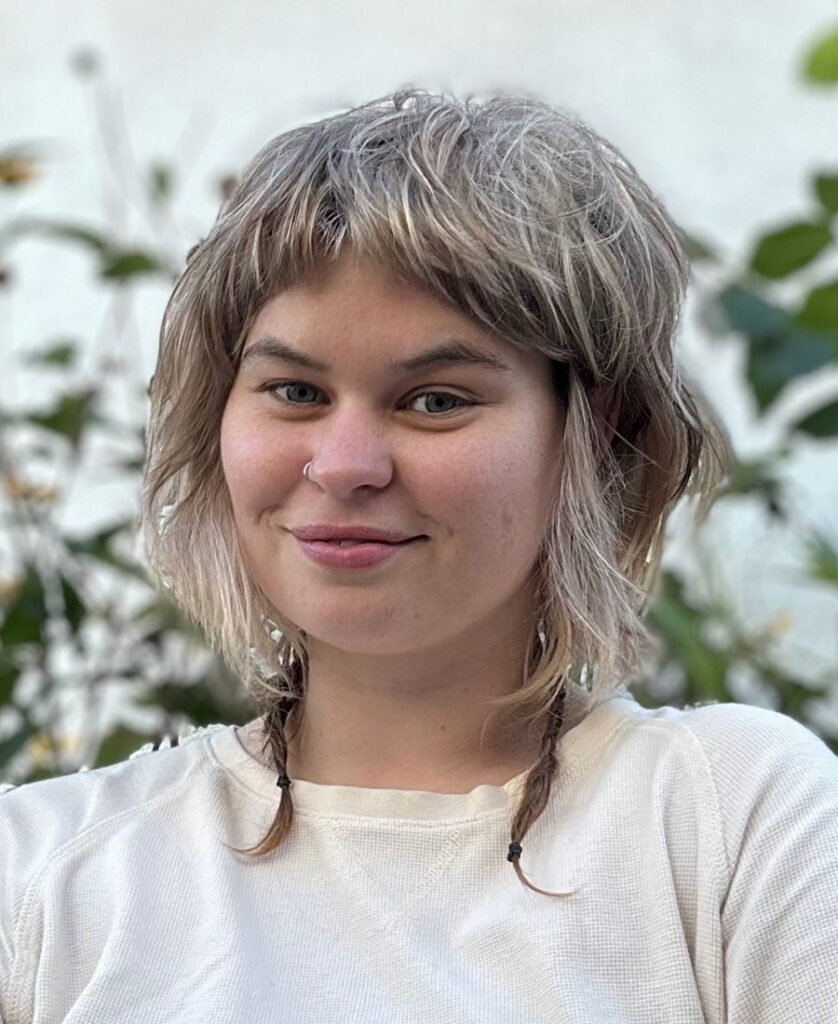
El Corcoran
(they/them) El Corcoran (they/them) is a second-year MSW student at Smith College School of Social Work. El integrates academic, lived and clinical experiences to create a client-centered and collaborative therapeutic environment. El holds anti-oppression and intersectionality at the forefront of their work. Their clinical experience revolves around working with adolescents and families of various identities in a school setting. El works from a trauma informed, relational, and psychodynamic approach. El believes that meaning-making is not simply a luxury, but rather a vital role in the everyday experience and hopes to extend their therapeutic work as a part of that process for their clients.
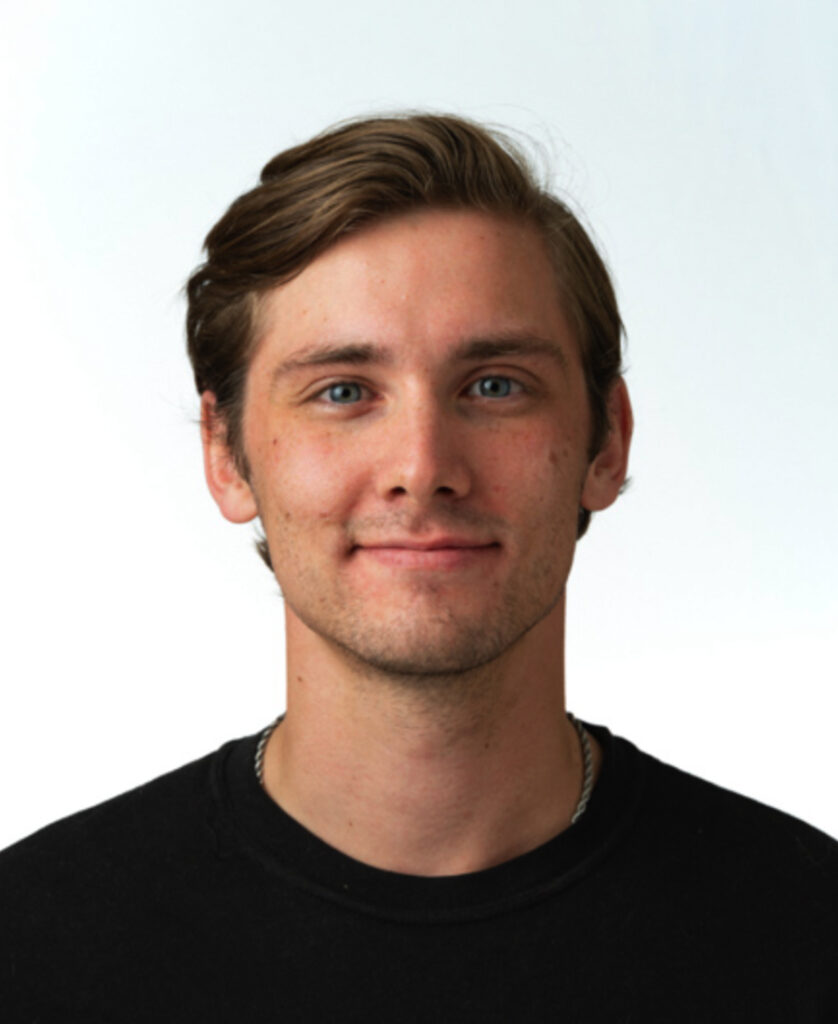
Izaak Davison-Kerwood
We all encounter complex and entrenched patterns or “loops” that we get stuck in, and my goal is to help you learn about and work through them. In this process, we explore how thoughts and interpretations may or may not serve you or align with your goals. Using a strength—and values-based approach, we seek an alternative path. Often, our struggles are in part from our own solutions, whether it be turning to substance use, avoidance of something that causes anxiety, or trying to shut down negative thinking, no matter the cost; our struggles are often related to our best efforts to help ourselves.

Leah Monette
Leah is currently pursuing a Master’s degree in Social Work at Saint Cloud State University. She has over a decade of experience providing mental health support to adults, primarily in behavioral health hospital settings. She holds a BA in Psychology and Art from the University of Minnesota–Morris. Leah is particularly interested in trauma-informed, relational approaches that integrate mind-body practices such as art, writing, and movement. She values the therapeutic relationship as a foundation for healing and brings patience, empathy, and attunement to her work.

